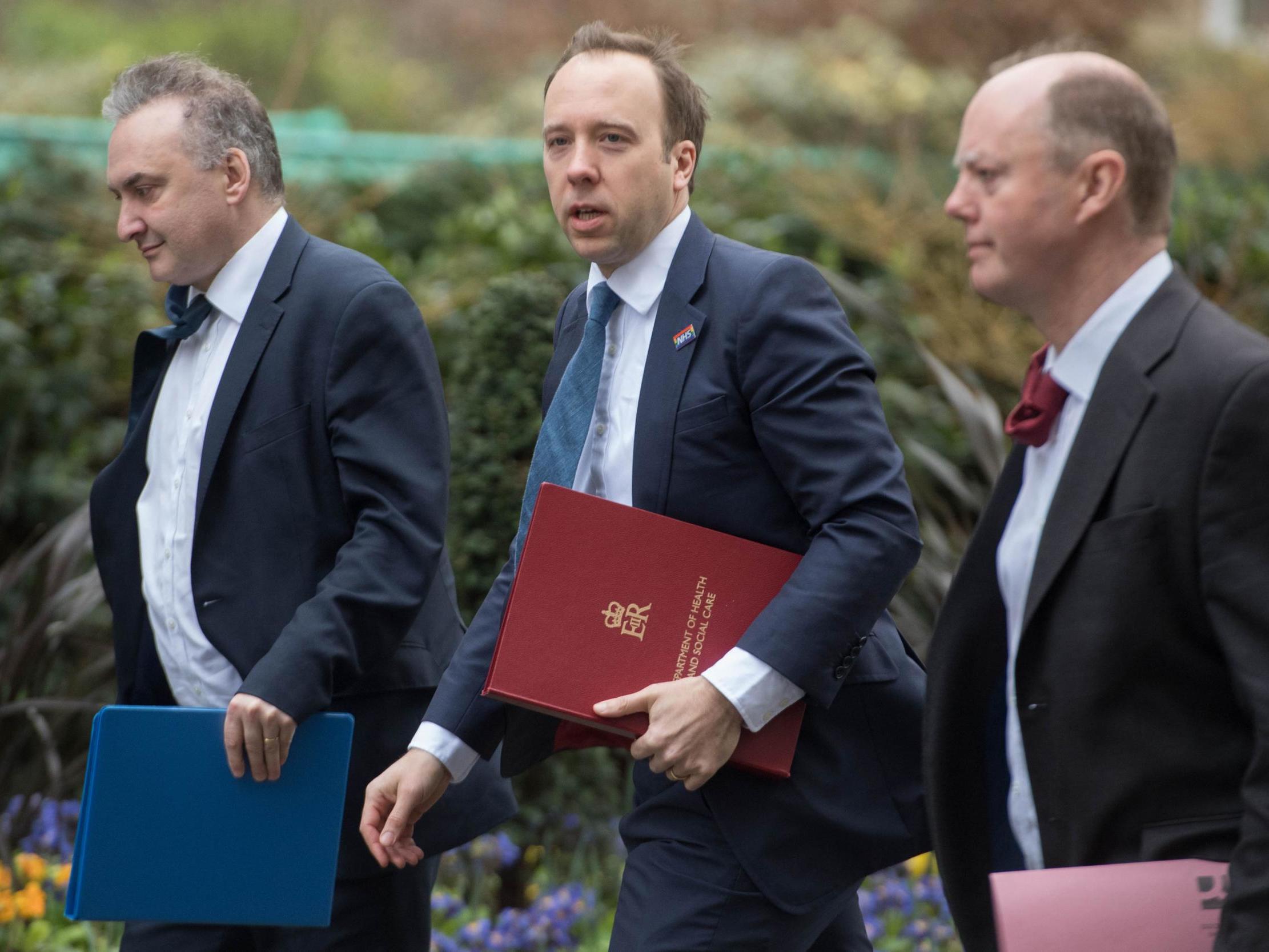Women’s expertise ‘disregarded’ in media reporting of coronavirus crisis
‘Men’s voices dominate in almost every category of media coverage related to the coronavirus crisis and every topic analysed in this study, with the exception of what are often seen as ‘women’s issues’,’ says researcher

Your support helps us to tell the story
From reproductive rights to climate change to Big Tech, The Independent is on the ground when the story is developing. Whether it's investigating the financials of Elon Musk's pro-Trump PAC or producing our latest documentary, 'The A Word', which shines a light on the American women fighting for reproductive rights, we know how important it is to parse out the facts from the messaging.
At such a critical moment in US history, we need reporters on the ground. Your donation allows us to keep sending journalists to speak to both sides of the story.
The Independent is trusted by Americans across the entire political spectrum. And unlike many other quality news outlets, we choose not to lock Americans out of our reporting and analysis with paywalls. We believe quality journalism should be available to everyone, paid for by those who can afford it.
Your support makes all the difference.Women’s voices and expertise have been marginalised and disregarded in press coverage of the Covid-19 emergency, a new study has found.
The report, carried out by the Global Institute for Women’s Leadership at King’s College London, found just a third of people quoted in articles about the coronavirus crisis were women.
Researchers analysed the gender balance of leading experts referred to in reportage of science, technology, engineering and mathematics (STEM) and economics stories linked to the public health crisis.
Only five per cent of well-known STEM experts mentioned were women - for each mention of a prominent female STEM expert in an article, there were 19 references to their male counterparts.
Laura Jones, research associate at the Global Institute for Women’s Leadership, said: “Men’s voices dominate in almost every category of media coverage related to the coronavirus crisis and every topic analysed in this study, with the exception of what are often seen as ‘women’s issues’, such as childcare.
“The imbalance is worse when it comes to those who are cited in the press as authorities on the pandemic – the more expert and well-known the voices become, the further women’s share in them decreases. While the pandemic continues to have gendered impacts, it is clear that female voices in the public debate are a minority.”
Researchers analysed 146,867 articles related to coronavirus which were released between 1 March and 31 July this year which came from 15 leading news sources in Britain, America, and Australia.
Women constituted 15 per cent of prominent economists referred to, which equates to five references of prominent male economists for every mention of a female counterpart.
Females made up over half of those quoted in pieces related to how the coronavirus crisis is impacting childcare services and domestic abuse and more than a third in articles related to Covid-19 and education – yet constituted fewer than one in six of those quoted in financial and economic reportage of the public health crisis.
It comes after a recent report found women’s voices have been “worryingly marginalised” in coverage of the Covid-19 emergency. Researchers partially attributed this to the fact the crisis is being reported on in terms which are evocative of war and conflict which has bolstered stereotypes that men are better in crises.
The study, which was conducted by the Bill and Melinda Gates Foundation and examined stories in the UK, India, Kenya, Nigeria, South Africa and the US, said women have been “locked out” of decision making and policy formulation in five of the six nations.

Join our commenting forum
Join thought-provoking conversations, follow other Independent readers and see their replies
Comments